About Kolmac Outpatient Recovery Centers
They were part of the Kolmac outpatient addiction treatment network that allows patients to take back their lives while continuing to live in their households. The outpatient format enables clients to come for therapy and treatment sessions during the day or evening, therefore serving those who need a flexible commitment while balancing work, family obligations, or school.
If you enroll in their other programs, you’ll find that Kolmac is an outpatient program notable for its in-depth and flexible curriculum. Rather than inpatient programs which require months of residential time, outpatient (OP) provides those with extra support while continuing their normal life.
The most important thing Kolmac offers is the Pre-Ready for medical care, which means that they strive to have all psychiatric hospital bunker beds open immediately within 24 hours or less of need. This is crucially important because if a facility has openings weeks away and someone needs help now then it might be too late when the treatment begins.
A large part of Kolmac’s outpatient model at the facility is group therapy, which allows clients to surround themselves with peers with similar experiences. This is invaluable during a long-term recovery because it offers something of community togetherness and accountability as well. Clients also have individual counseling and medication-assisted treatment (MAT) for those who need support in managing cravings or withdrawal symptoms.
Kolmac recognizes that substance abuse is often the symptom of a larger, underlying mental health disorder. They specialize in dual diagnosis treatment, which means that clients with co-occurring issues like depression, anxiety or trauma get the right type of care they need for both their mental health and addiction. The combination of these tools and exercises assist individuals in breaking down their emotional triggers that compelled them to turn to drugs or alcohol as well end up being a total transformation within the entire program for an individual.
Kolmac in particular provides a type of continuum of care unlike the traditional outpatient treatment, involving more than just that first phase. After participating in the intensive portion of treatment, individuals can enroll in continuing care to receive less frequent, but consistent, support so that they have greater chances for long-term success. It provides resources and tools they need to continue working on their sobriety well after treatment ends so they are not left twisting in the wind of self-recovery.
While their Frederick location is closed, Kolmac has additional facilities in other cities. There are also other support programs nearby.
Latest Reviews
Rehab Score
Gallery
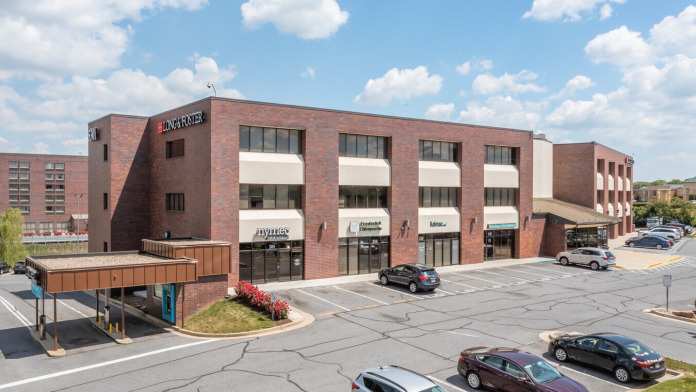
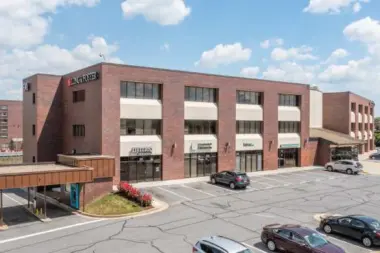
Accepted Insurance

Other Forms of Payment
Private insurance refers to any kind of healthcare coverage that isn't from the state or federal government. This includes individual and family plans offered by an employer or purchased from the Insurance Marketplace. Every plan will have different requirements and out of pocket costs so be sure to get the full details before you start treatment.
Self-pay involves paying for treatment out of your own pocket. You can use savings or credit, get a personal loan, or receive help from family and friends to fund your treatment. If you don't have insurance or your insurance plan doesn't cover a specific program, self-pay can help ensure you still get the care you need.
Addiction Treatments
Levels of Care
Outpatient Programs (OP) are for those seeking mental rehab or drug rehab, but who also stay at home every night. The main difference between outpatient treatment (OP) and intensive outpatient treatment (IOP) lies in the amount of hours the patient spends at the facility. Most of the time an outpatient program is designed for someone who has completed an inpatient stay and is looking to continue their growth in recovery. Outpatient is not meant to be the starting point, it is commonly referred to as aftercare.
Drug and alcohol addiction often takes a heavy toll on one's body. Over time, a physical dependence can develop, meaning the body physiologically needs the substance to function. Detox is the process of removing drugs and/or alcohol from the body, a process that can be lethal if mismanaged. Medical detox is done by licensed medical professionals who monitor vital signs and keep you safe, healthy, and as comfortable as possible as you go through detox and withdrawal. The length of stay at the detoxification program is determined according to the specific needs of the patient.
Completing a drug or alcohol rehab program shouldn't spell the end of substance abuse treatment. Aftercare involves making a sustainable plan for recovery, including ongoing support. This can include sober living arrangements like halfway houses, career counseling, and setting a patient up with community programs like Alcoholics Anonymous (AA) or Narcotics Anonymous (NA).
Treatments
The goal of treatment for alcoholism is abstinence. Those with poor social support, poor motivation, or psychiatric disorders tend to relapse within a few years of treatment. For these people, success is measured by longer periods of abstinence, reduced use of alcohol, better health, and improved social functioning. Recovery and Maintenance are usually based on 12 step programs and AA meetings.
Once a person has become addicted to a substance, drug rehab in Maryland is often necessary to overcome that addiction. These programs provide the tools individuals need to manage the physical, mental, and emotional issues involved and begin a successful recovery journey.
Many of those suffering from addiction also suffer from mental or emotional illnesses like schizophrenia, bipolar disorder, depression, or anxiety disorders. Rehab and other substance abuse facilities treating those with a dual diagnosis or co-occurring disorder administer psychiatric treatment to address the person's mental health issue in addition to drug and alcohol rehabilitation.
Opioid rehabs specialize in supporting those recovering from opioid addiction. They treat those suffering from addiction to illegal opioids like heroin, as well as prescription drugs like oxycodone. These centers typically combine both physical as well as mental and emotional support to help stop addiction. Physical support often includes medical detox and subsequent medical support (including medication), and mental support includes in-depth therapy to address the underlying causes of addiction.
Substance rehabs focus on helping individuals recover from substance abuse, including alcohol and drug addiction (both illegal and prescription drugs). They often include the opportunity to engage in both individual as well as group therapy.
Programs
Adult rehab programs include therapies tailored to each client's specific needs, goals, and recovery progress. They are tailored to the specific challenges adult clients may face, including family and work pressures and commitments. From inpatient and residential treatment to various levels of outpatient services, there are many options available. Some facilities also help adults work through co-occurring conditions, like anxiety, that can accompany addiction.
Clinical Services
Cognitive Behavioral Therapy (CBT) is a therapy modality that focuses on the relationship between one's thoughts, feelings, and behaviors. It is used to establish and allow for healthy responses to thoughts and feelings (instead of unhealthy responses, like using drugs or alcohol). CBT has been proven effective for recovering addicts of all kinds, and is used to strengthen a patient's own self-awareness and ability to self-regulate. CBT allows individuals to monitor their own emotional state, become more adept at communicating with others, and manage stress without needing to engage in substance abuse.
Research clearly demonstrates that recovery is far more successful and sustainable when loved ones like family members participate in rehab and substance abuse treatment. Genetic factors may be at play when it comes to drug and alcohol addiction, as well as mental health issues. Family dynamics often play a critical role in addiction triggers, and if properly educated, family members can be a strong source of support when it comes to rehabilitation.
Group therapy is any therapeutic work that happens in a group (not one-on-one). There are a number of different group therapy modalities, including support groups, experiential therapy, psycho-education, and more. Group therapy involves treatment as well as processing interaction between group members.
Staff & Accreditations
Staff
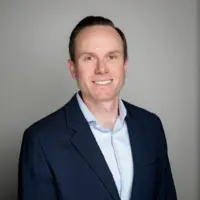
Anton Kuznetsov
CEO
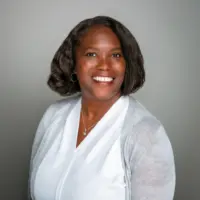
Dr. Erika Kane
Chief Medical Officer
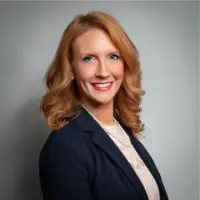
Nicole Diffenderfer
Chief Human Resources Officer

Dr. Joseph H. O’Leary, MD
Medical Director
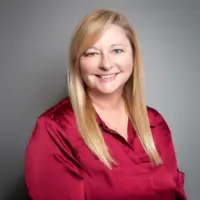
Genevieve King
VP of Operations and Compliance
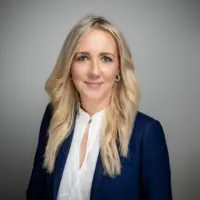
Kaitlin McCarthy
Director of Admissions
Accreditations

The Commission on Accreditation of Rehabilitation Facilities (CARF) is a non-profit organization that specifically accredits rehab organizations. Founded in 1966, CARF's, mission is to help service providers like rehab facilities maintain high standards of care.
CARF Accreditation: Yes







